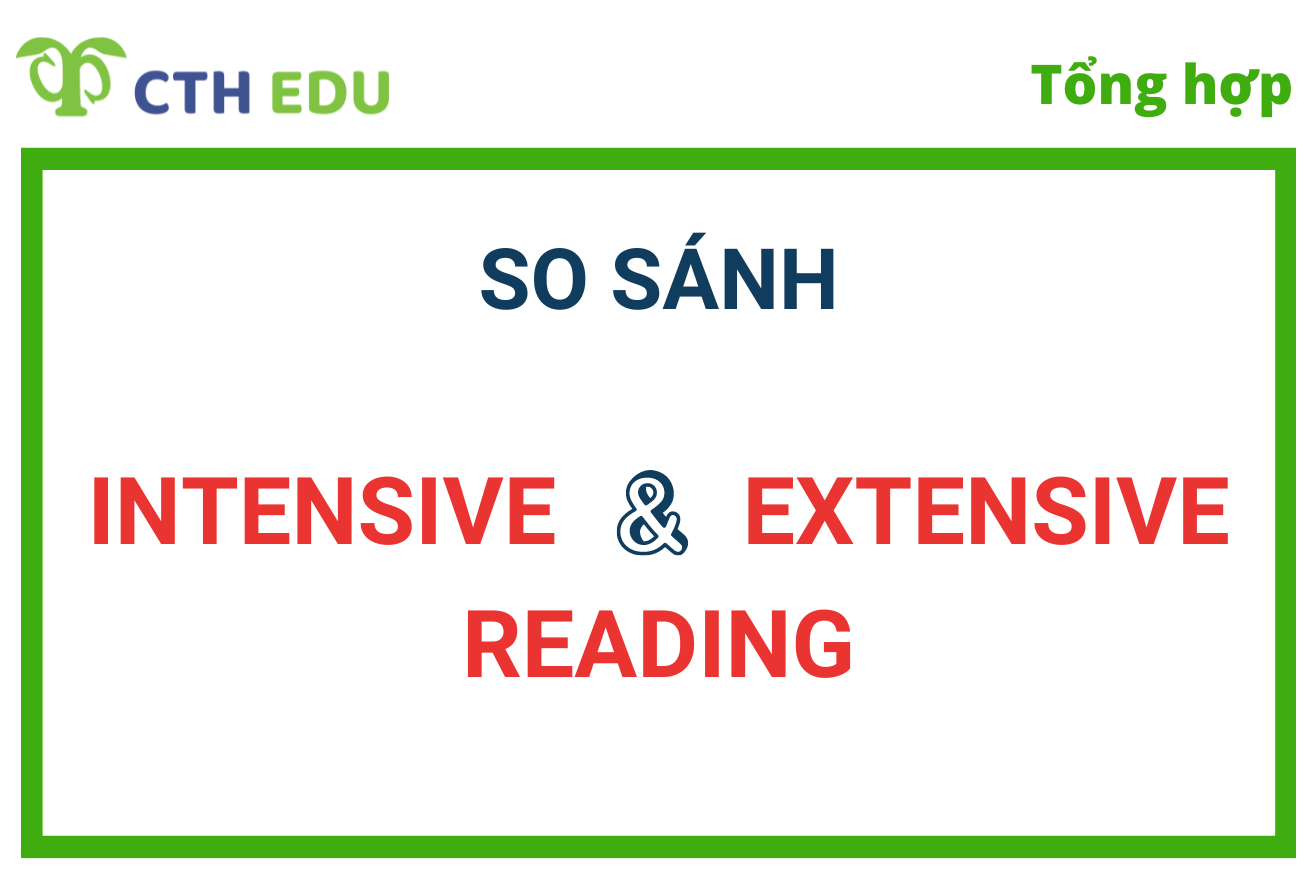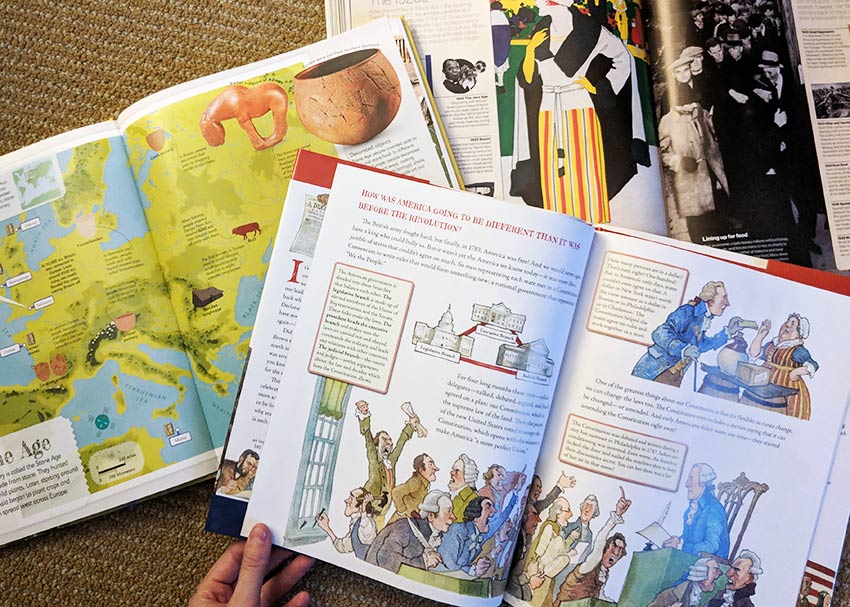Các câu hỏi nhằm xác định mối quan hệ giữa từ/cụm từ trong đoạn văn là một phần quen thuộc trong rất nhiều bài thi tiếng Anh. Thành thục kỹ năng đọc tìm mối liên hệ đồng nghĩa với việc bạn sẽ dễ dàng hơn khi trả lời các câu hỏi đọc hiểu.
Đọc tìm mối liên hệ là gì?
Đọc tìm mối liên hệ là kỹ năng nhận biết ý nghĩa của các đại từ và tính từ hoặc đại từ chỉ định trong văn bản.
Như vậy, bạn cần phải tìm xem “this, that, who, he, she…” có mối liên hệ như thế nào hoặc thay thế cho những từ/cụm từ nào ở các câu văn trước đó.
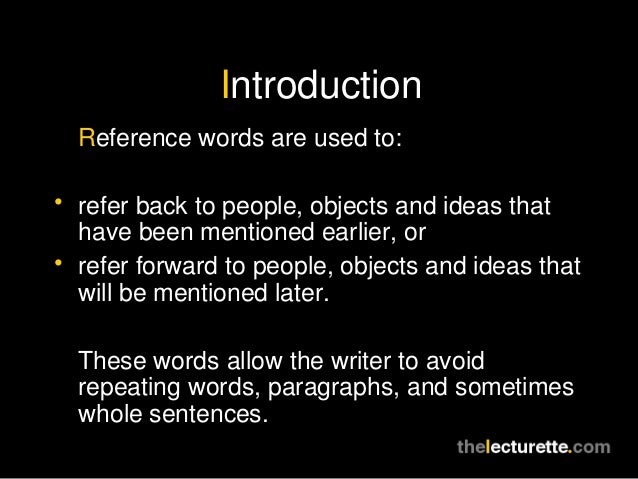
Ví dụ:
Some people believe that a university education should be available to everyone as a university education will help with employment.
Câu trên có vấn đề ở chỗ “university education được lặp lại 2 lần. Sẽ tốt hơn nếu câu trên được chỉnh sửa thành:
Some people believe that a university education should be available to everyone as this will help with employment.
Những từ mang nghĩa liên hệ như đại từ “this” trong câu trên xuất hiện rất phổ biến trong các đoạn văn, nhất là các bài thi đọc hiểu. Chúng đôi khi gây ra nhầm lẫn.
Vì vậy, quan trọng là bạn cần hiểu ý nghĩa của những từ liên hệ này, từ đó, xác định được sự liên quan cụ thể giữa chúng với phần văn bản trước đó.
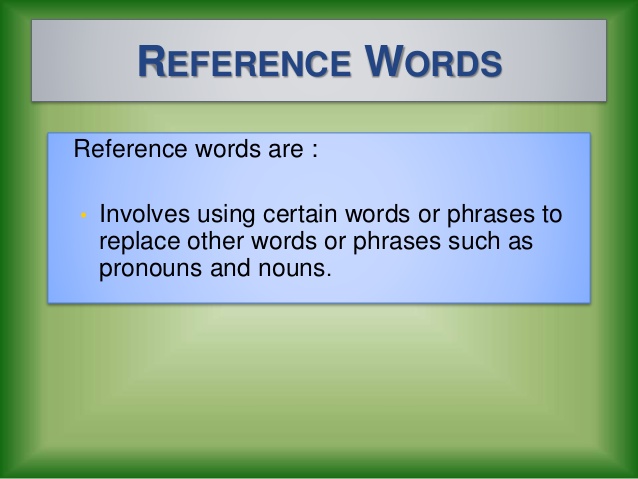
Tại sao Đọc tìm mối liên hệ lại có ý nghĩa quan trọng?
- Xác định được các từ liên hệ cũng như sự liên quan của chúng với các từ/cụm từ/câu trong đoạn văn là bước quan trọng để hiểu nội dung đoạn văn.
Thông thường bạn đọc tìm mối liên hệ một cách tự động. Tức là, bạn tự liên hệ và hiểu những từ như “this, that, they, who”… có ý nghĩa gì. Nếu không, chắc chắn bạn đang gặp vấn đề: đọc mà chưa hiểu nội dung.
- Trong các bài kiểm tra, bài thi tiếng Anh, dạng câu hỏi tìm mối liên hệ thuộc số ít dạng câu hỏi có thể xác định một cách cơ bản khả năng đọc của bạn tốt đến đâu.
Thực hành Đọc tìm mối liên hệ như thế nào?
Bước 1: Xác định các từ liên hệ trong văn bản.
Vai trò của từ liên hệ là thay thế, nhằm tránh lặp lại các từ/cụm từ đã đề cập ở trước. Các dạng từ quan hệ bao gồm:
1. Các đại từ:
- Đại từ nhân xưng chủ ngữ: I, You, He, She, It, We, They
- Đại từ nhân xưng tân ngữ: Me, You, Him, Her, It, Us, Them
- Đại từ sở hữu: Mine, Yours, His, Hers, Theirs, Ours, Its
- Đại từ phản thân: Myself, Yourself, Himself, Herself, Itself, Themselves, Ourselves
- Đại từ chỉ định: This, That, These, Those
- Đại từ không xác định: Other, Another…
- Tính từ sở hữu: My, Your, His, Her, Their, Its, Our
- Các đại từ quan hệ: who, which, that…
2. Các trạng từ: there, here, then…
3. Những từ khác cũng có chức năng chỉ ra mối liên hệ với các từ trước đó.
- Một số danh từ/trạng từ nhất định: Previously discussed, a prior point
- Từ đồng nghĩa: “instructor” thay cho “teacher”.
- Từ biểu thị ý tập hợp: The four ideas previously discussed…
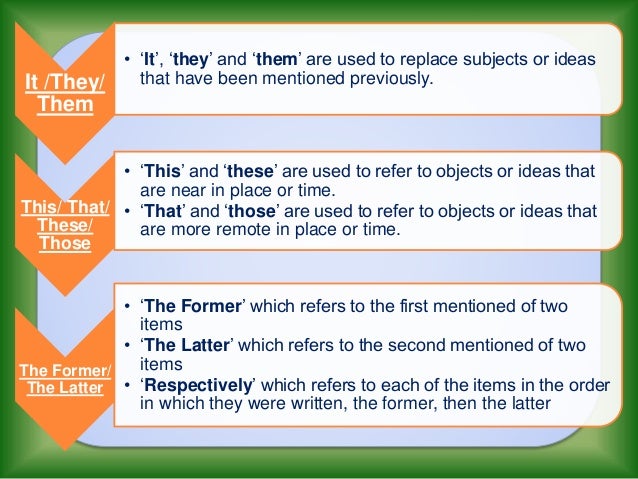
Ảnh: Tes
Bước 2: Xác định câu hỏi tìm mối liên hệ
Với các bài kiểm tra, bài thi đọc hiểu, bạn cũng cần xác định dạng câu hỏi tìm mối liên hệ. Chúng yêu cầu người đọc xác định các từ liên hệ (liệt kê ở trên) chỉ sự vật, nơi chốn hoặc người nào trong bài đọc.
Từ đó, bạn sẽ dễ dàng hơn trong việc tìm ra đáp án đúng.
Các dạng thường gặp của câu hỏi tìm mối liên hệ:
- What does the word “abc” refer to?
- The word “abc” refers to “…………”.
Bước 3: Đọc kỹ thông tin trước và sau từ liên hệ để tìm từ/cụm từ liên quan.
Nhìn chung, từ liên hệ thay thế cho từ/cụm từ xuất hiện ở câu ngay phía trước nó.
Bước 4: Tìm ra từ/cụm từ đúng.
Với bài kiểm tra, bài thi đọc hiểu, bước tiếp theo là chọn câu trả lời đúng.
Bước 5: Kiểm tra.
Thử thay thế từ/cụm từ vừa tìm được vào vị trí đại từ có tác dụng thay thế ở câu sau xem có phù hợp không.
3 bí quyết khi thực hành kỹ năng Đọc tìm mối liên hệ
1. Chú ý sự khác biệt giữa từ liên hệ chủ ngữ và tân ngữ
Ví dụ:
Overseas students often find university courses difficult.
- They often find university courses difficult.
- Overseas students often find them difficult.
Mr Smith works with Mr Jones every day.
- He works with Mr Jones every day.
- Mr Smith works with him every day.
2. Chú ý sự khác biệt giữ số ít và số nhiều
Nói chung, bạn có thể nhận thấy, một số danh từ số ít được thay thế bằng từ liên hệ số nhiều.
Ví dụ:
A teacher (singular – số ít) should always be prepared. They (plural – số nhiều) should also be punctual.
3. Chủ ngữ giả
Đôi khi, “It” có thể xuất hiện trong một câu. Nhưng nó không thực sự là một từ liên hệ. Nghĩa là “It” không chỉ một sự vật/sự việc cụ thể nao. Nó được gọi là “Chủ ngữ giả”.
Ví dụ:
It is commonly accepted that people with a higher education generally work in higher paid jobs.
Bài tập: Xác định “It” là chủ ngữ giả/từ liên hệ
- Look at those clouds. It’s going to rain.
- Homework is essential. It allows students to review work they have studied in class.
- Admittedly, student depression is hard to investigate as few people are willing to talk openly about it.
- It can take up to four years to complete a degree.
- Otago is a very popular university. It was the first university in New Zealand.
Đáp án:
- chủ ngữ giả
- từ liên hệ
- từ liên hệ
- chủ ngữ giả
- từ liên hệ
Bài tập vận dụng kỹ năng Đọc tìm mối liên hệ:
Bài tập 1: Đọc đoạn văn, trả lời câu hỏi
Academic overdrive?
Student life is becoming increasingly difficult. Not only are students expected to perform and compete within the class, but also to devote time and energy to extra-curricular activities as well as struggle with an increasing load of homework. The push to get into the top universities has caused many overachieving students to take on heavier workloads and more challenging classes.
This push, however, doesn’t end once students reach university. In fact, when they reach the top places they have worked so hard to get into, many students are forced to work even harder than they did in high school. Once in the top universities, the pressure is on to secure a place in the top graduate school. But it doesn’t end there. Once students have graduated with the best results, they find that they must continue to overextend themselves in order to secure the top jobs in their particular field. Such is the emphasis on academic success.
There are many who claim that this entire system is wrong because it puts too much emphasis on measuring achievement and not enough on true learning. This in turn has inevitable effects on the students themselves. In such a high-pressure learning environment, those that find the pressure overwhelming have nowhere to turn. In an academic world measured only by academic success, many students begin to feel a low sense of worth, yet they fear to turn to anyone for help as this would be perceived as a signal of failure, an inability to cope with that which other students appear to have no problem. This can be particularly hard for foreign students as they find themselves isolated without familiar cultural or family ties in their new environment and thus they concentrate solely on their work.
Perhaps the main thing to remember is that although it is important to study hard, school life should also be fun.
- This push refers to…
- They refers to…
- It refers to…
- There refers to…
- This refers to…
- Those refers to…
- This refers to…
Đáp án:
- The push to get into top universities
- Overachieving students (not just ‘students’)
- The pressure
- At top universities
- Overachieving / overextending / pressurised (system)
- Students who have overextended themselves
- The situation where students feel depressed, have low self esteem, feel that they cannot talk to anyone
Bài tập 2: Chọn câu trả lời đúng
New Zealand is becoming an increasingly popular destination for overseas visitors. It attracts tourists and people on business, but the vast majority come as students. Mostly from Asian countries, they stay for anything from a few weeks to a few years or more, studying at language schools, colleges and universities. New Zealand can offer good homestay accommodation, a clean and beautiful environment and a reasonable cost of tuition. These factors attract an ever-increasing number of overseas students, accounting for millions of dollars in revenue for New Zealand.
- It refers to:
(a) overseas
(b) New Zealand
(c) a popular destination
2. They refers to:
(a) Asian countries
(b) tourists and business people
(c) students
3. These factors refers to:
(a) accommodation, environment and reasonable tuition costs
(b) schools, colleges, universities
(c) increasing overseas students
Đáp án:
- (B) – New Zealand
- (C) – students
- (A) – accommodation, environment and reasonable tuition costs
(Nguồn: TiengAnhK12)

